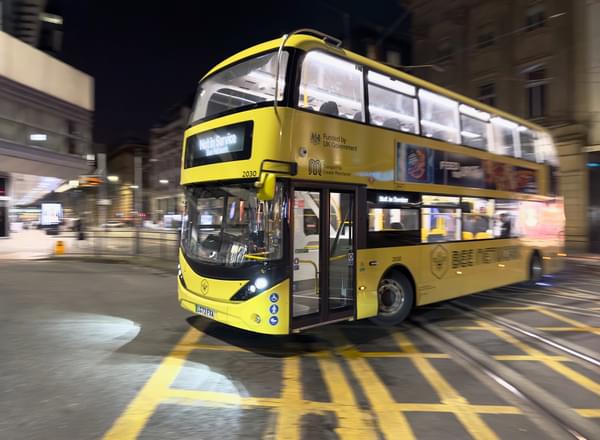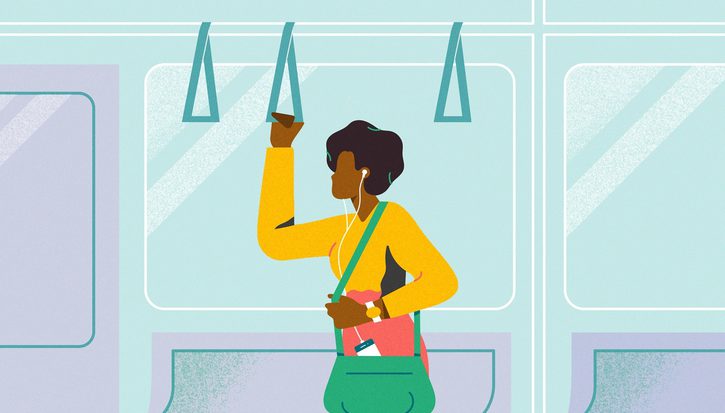
Change you can board: Delivering better, greener buses
Article
The bus services bill is an opportunity to ensure reform really means thriving, green 21st century local bus networks in England.
The government’s bus services bill focusses on a five-point plan:
- extending bus franchising powers beyond metro mayors to all places
- accelerating the franchising process
- removing the ban on publicly owned bus companies
- safeguarding bus networks with accountability and higher standards
- empowering local transport authorities (LTAs) and reforming funding.
It acknowledges the value of buses in kickstarting growth, connecting communities to opportunities and services, and reducing emissions and pollution, while recognising today’s system is not working for passengers.
Prioritising buses early this parliament is welcome. It underpins the government’s primary economic growth mission, and offers quick impact given lower costs of buses in public transport expansion over interventions like light rail.
This is an opportunity to ensure reform really means better buses, considering what more is needed for thriving, green 21st century local bus networks in England. Not only for passengers who take 3 billion journeys annually, but for everyone who could use better buses too even if they currently cannot.
This paper seeks to seize this opportunity, looking at how both the government and other parts of England can learn from Greater Manchester’s bus reform journey.
Related items

Making every pound count: Why new roads are not the route to prosperity
IPPR has made the case for well-designed, high-quality public investment many times.
Wheels of change: Promoting fair and green transport in rural Scotland
Transport in rural Scotland is not working for the people living there, particularly those on low incomes.
Moving together: A people-focussed pathway to fairer and greener transport
All decarbonisation pathways must be designed with people, and the principles of a just and fair transition, as their starting point.